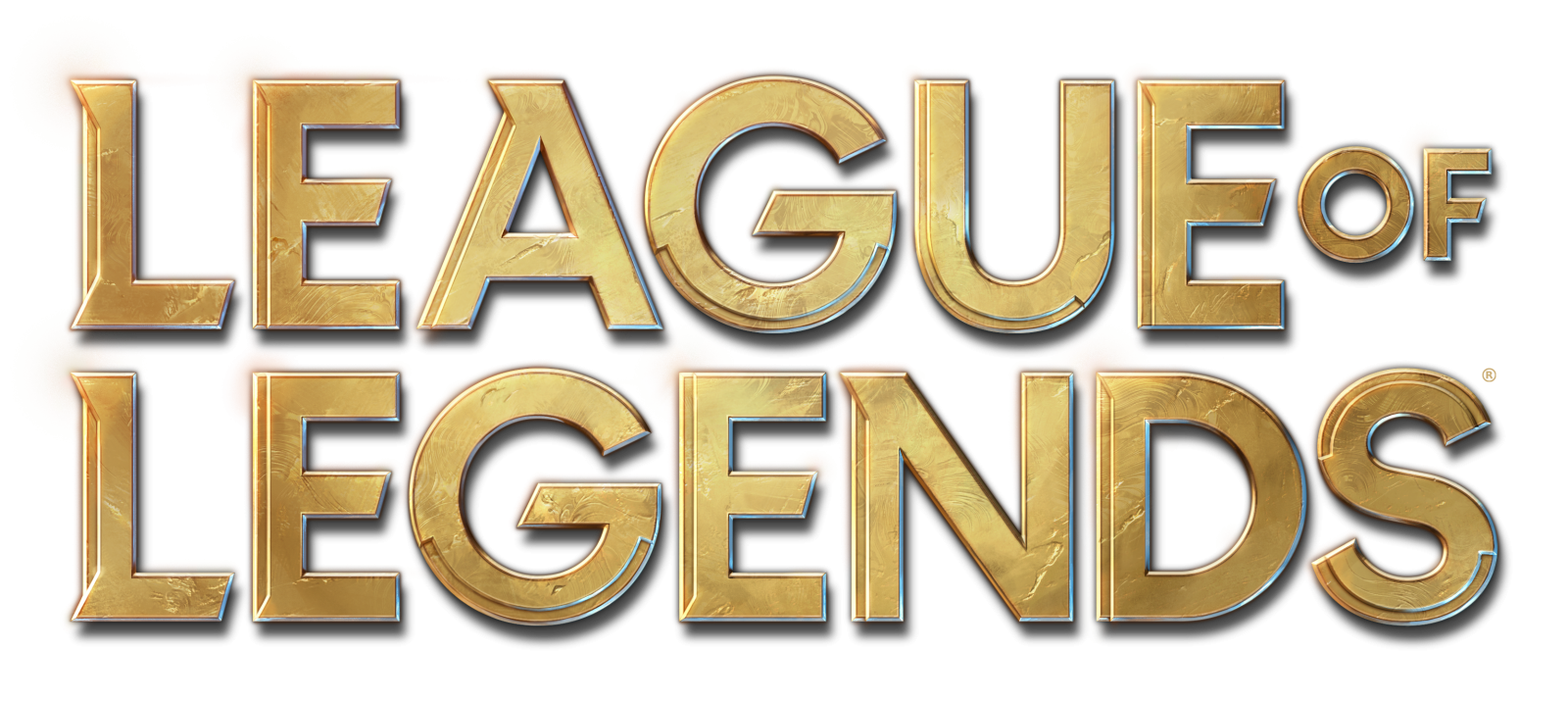
League of Legends is one of the most popular digital games. It is played by many millions of people worldwide, including children and teenagers. This is about tactics, competition and teamwork.
The game is about competing against other game ends with a heroic character equipped with special abilities, called a champion. It can be played in different modes: as a single player against the computer or in a team consisting of five battle buddies who either know each other or are randomly determined. In a match, two teams play against each other. The goal is to destroy the enemy base.
The game is mainly about competition among themselves. Skills such as teamwork, dexterity and tactical thinking are in demand. Memorization also plays a role: it’s important to know the different game characters in order to develop the best tactics. League of Legends is therefore challenging for children and teenagers.
Apart from being an exciting pastime, League of Legends also offers players a sense of achievement by letting them develop their champion and successfully compete against others. Children and young people can gain recognition and experience cohesion through play.
After the free download, in-game purchases can be made, for example, to unlock new game characters or purchase equipment. Loot boxes, i.e. boxes with random content, are particularly critical, as they function according to the gambling principle. As a parent, you should educate your child about the workings and risks of gambling elements. If you allow your child in-app purchases, agreeing on a monthly budget can be useful.
Other players can be added as friends and chatted with. In doing so, there is a risk that children and adolescents will come into inappropriate contact with strange adults. You can read about what you should watch out for as a parent in our article on cybergrooming.
As in other online offerings, League of Legends also sometimes has offensive comments and hate speech. The game is considered one of the most problematic games ever in this respect.
The provider Riot Games has introduced an honor system to combat insult and discrimination in the game. Players can rate each other for fair behavior, earning points that can be exchanged for rewards. There is also the possibility to report negative behavior of teammates, which can lead to their blocking.
According to the EU Data Protection Regulation DSGVO, parents must consent to their child using the game and creating an account.
When played with a real team and opponents in online mode, League of Legends can be very activating. Due to the enormously high pace of play and the social pressure within the team, a game can be very exhausting for body and psyche. As a parent, you should make sure that your child does not overexert himself while playing. The offline mode, in which you play against the computer, can be a good alternative after a stressful day at school, for example. Together with your child, determine when, how long and in what mode he or she may play. Agree together when and if you (need to) control them.
Don’t underestimate the group dynamics of League of Legends. A game session can last up to 60 minutes and cannot be interrupted spontaneously. Disruption by you can be very unpleasant for your child: if a team member leaves during the game, this often amounts to a betrayal of the group and can be perceived as extremely bad by children and young people. To avoid conflict, discuss with your child if and how you will talk to each other when he or she is in the middle of a play session.
If you want to learn more about the game, you can read at the Player’s Guide NRW .